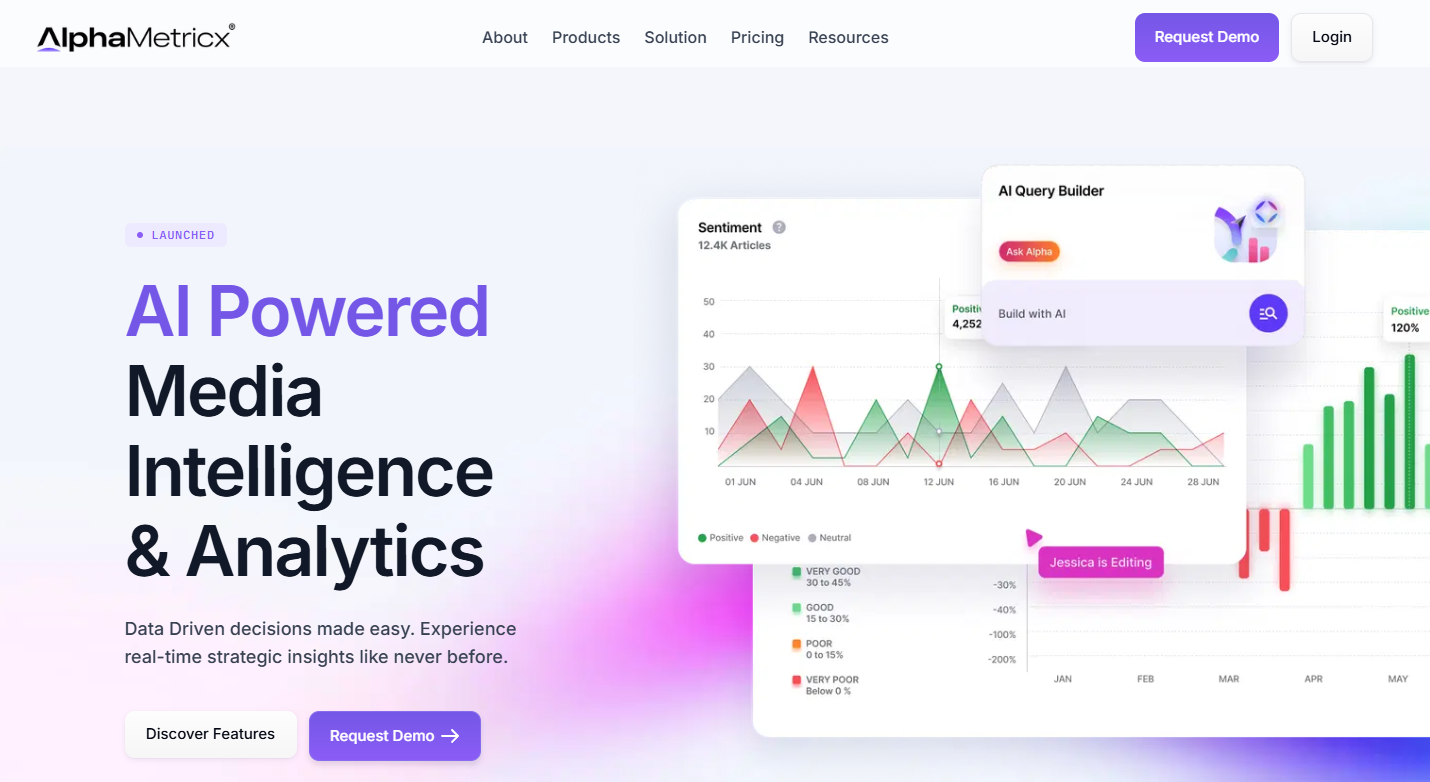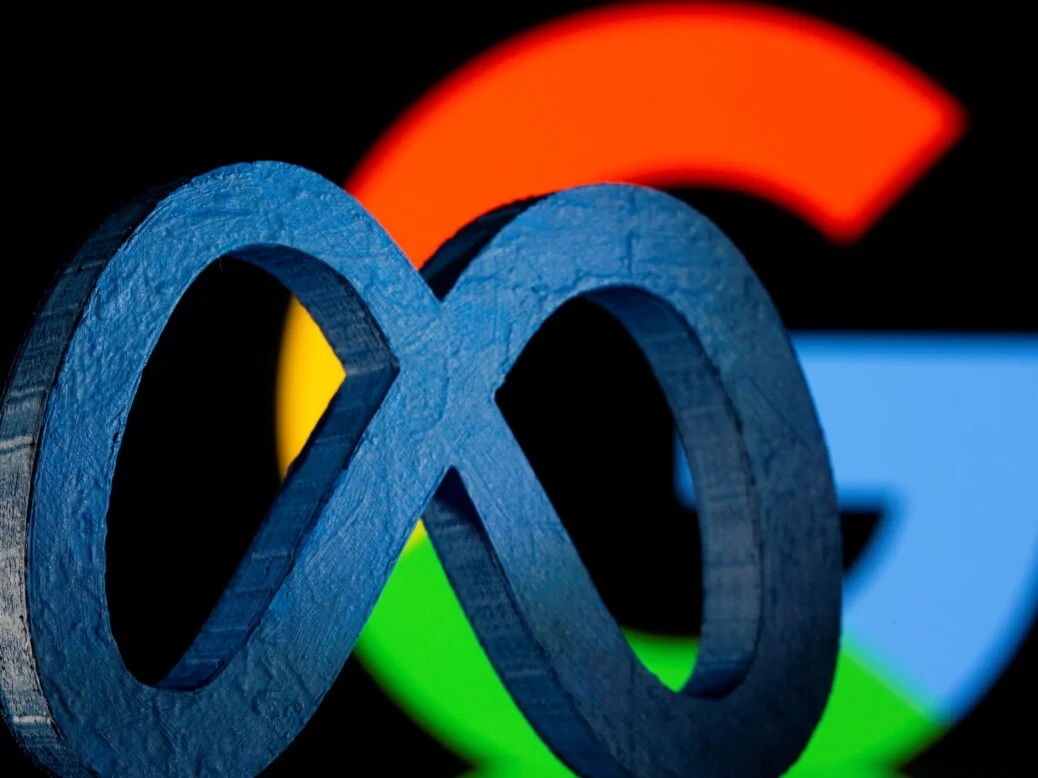This week I held one of our panelist sessions in the lead-up to the WordPress Publishers Performance Summit (WPPS) summit in a few weeks, which is today’s editorial note inspiration.
Publishers are always under pressure to find any incremental cost-cutting that makes a wide impact-organization wide. Andrew has gone to great lengths into generative AI in previous editions, however, with WordPress also taking a step to extend JetPack with its writing assistant, it lends to questioning where the WordPress ecosystem is next heading to support publishers.
Three key systems have emerged to transform how we manage and collaborate editorially in WordPress: Gutenberg, Editorial Collaboration Software add-ons, and Headless CMS. Each solution offers unique features and benefits, catering to different needs and workflows. Let’s delve into each briefly and understand their respective strengths.
Gutenberg, the block-based editor introduced by WordPress, has changed content creation, its user-friendly interface and extensive block library allow users to create rich and engaging layouts without coding knowledge.
On the other hand, Editorial Collaboration Software is designed to streamline the collaborative process of content creation, which is beneficial for large-scale content production, where multiple stakeholders are involved in the editing and review process. Features like real-time editing, version control, and commenting facilitate seamless communication and enhance productivity.
Headless CMS, a recent innovation, provides the flexibility to decouple the front-end presentation layer from the back-end content management system. By separating the two components, Headless CMS empowers developers to create highly customizable or integrated applications with the website. This architecture enables content delivery to multiple channels, such as websites, mobile apps, and other software applications, i.e., Airtable, providing a consistent user experience across platforms while benefiting the technical features of WordPress’ backend. Headless CMS is ideal for organizations that require a scalable and future-proof content infrastructure.
While each platform offers unique advantages, it is crucial to evaluate individual requirements before making a decision. Gutenberg excels in simplicity and accessibility, making it an excellent choice for individuals and small teams with basic content management needs. Editorial Collaboration Software streamlines teamwork and ensures smooth collaboration in larger content production environments. Meanwhile, Headless CMS caters to organizations seeking advanced customization, multi-channel content delivery, and scalability.
Ultimately, the choice between Gutenberg, Editorial Collaboration Software, and Headless CMS depends on factors such as the size of your team, the complexity of your content production workflow, and the level of customization required. Evaluating these aspects will help you determine the most suitable solution.
As technology continues to evolve, the landscape of content creation will undoubtedly witness further advancements, but Gutenberg’s roadmap of advancements to 5.0, as described by Mullenweg, has made it clear of its intentions to become a platform-agnostic, multilingual collaboration tool.
Content from our partners
Whether it’s Gutenberg, Editorial Collaboration Software, Headless CMS, or the next groundbreaking innovation, staying informed and adapting to new collaboration tools for content creation, publishing, and distribution will be crucial for publishers and content creators to thrive in this new era.












